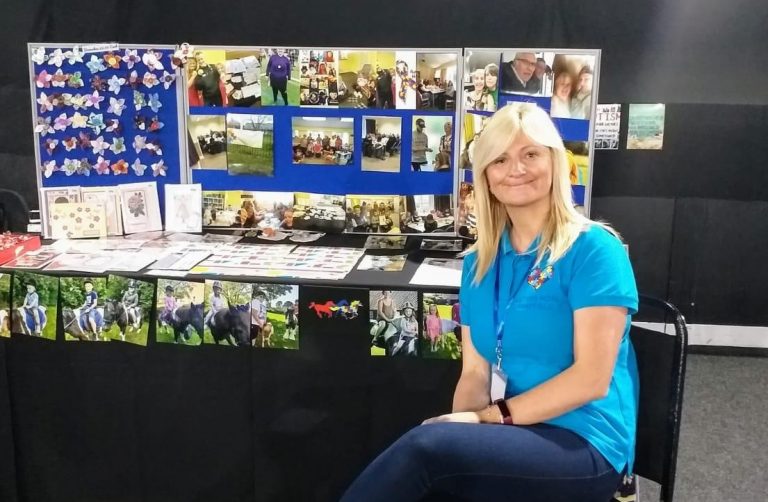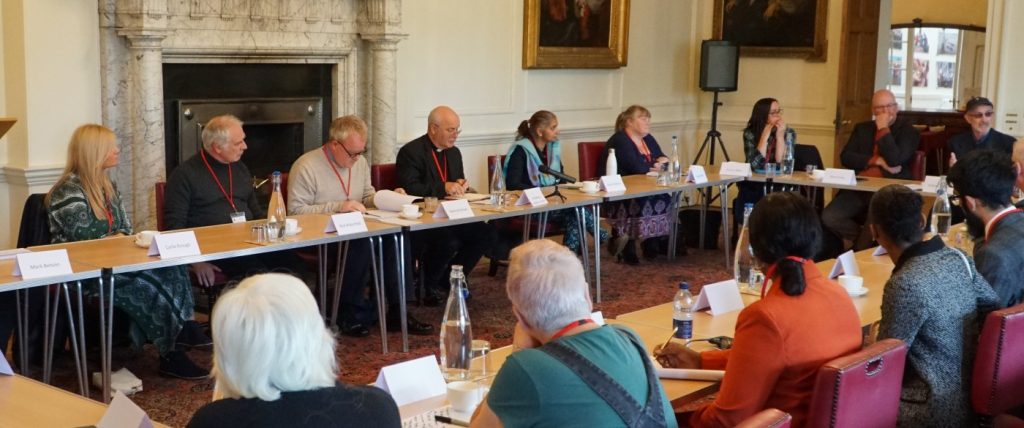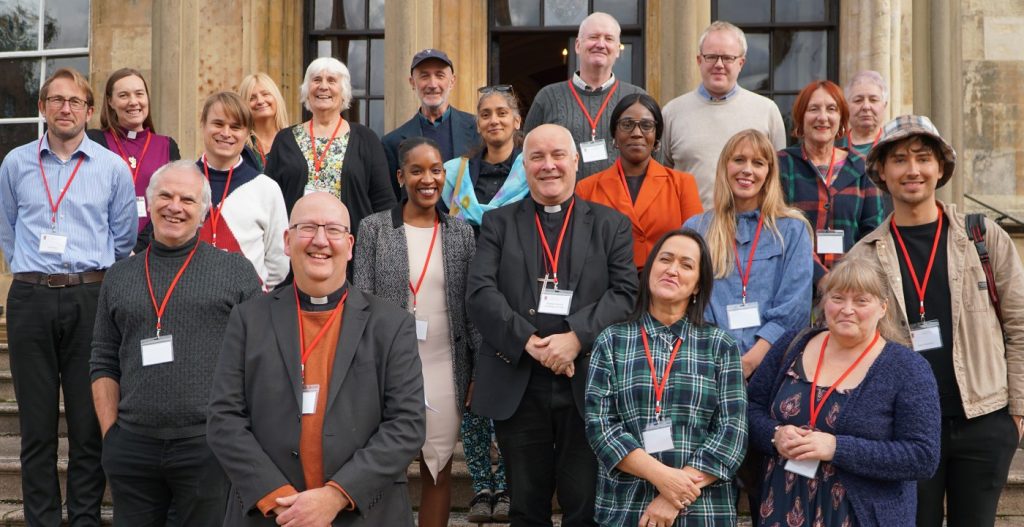How to unlock poverty for families like Carlie’s
Carlie tells of her experience of poverty, and the systems that do (or don't) support families with additional needs

What does poverty look like today? What is at stake when the Government talks of cutting benefits? What needs to change in society?
Those were some of the issues raised at the Archbishop of York’s recent roundtable discussion on tackling poverty in Yorkshire, at which I shared my experiences of life in a family with additional needs.
I have come to understand poverty personally, as my son was diagnosed with severe autism at two and couldn’t access day care, so I had to stop working and was living in rented accommodation with two children, on benefits.

Inspired by my experience
What this experience did was inspire me to do set up Autism Hope Sheffield six years ago, through the Parson’s Cross Initiative in the north of the city. Autism Hope is a parent-led support group, with one main goal: to connect other parents who have children with autism spectrum disorder.
The group was born out of a desperate need for connection and understanding, both of me as a parent and of my beautiful son. Isaac was two when he was diagnosed, after showing profound regression at eighteen months.
This began our journey in the world of autism. Seeing your child regress and lose skills they have previously held is incredibly frightening for a parent. My once sociable and happy infant became extremely anxious and lost in his own world, with me unable to reach him.
Group members support each other, but there’s still an isolation and a stigma you can feel. There are parents who can’t work, because they’ve got a child with severe anxiety. They’ve given up their jobs, and they’re living in poverty and with the judgment that goes with that.

This week is Challenge Poverty Week, a chance to speak up about the systems and structures that hold many people back. When we talk about poverty, families with additional needs are often an overlooked group.
I consider myself one of the lucky ones in that the severity of Isaac’s autism meant the diagnosis took less than twelve months. However, those twelve months were incredibly difficult and frightening.
Parents are facing this every day and unfortunately the wait for diagnosis is now years rather than months. These are children who may have regressed like Isaac did or who may have hit milestones in their development such as walking and talking yet struggle dramatically with social skills or have sensory irregularities.
A common factor for some children is their ability to mask in school, yet on arrival home they relax and all their held-in emotions erupt, and their parents are at a loss how to help. This can be a major battle for parents as school may not see any problem, and cannot understand why the parents request help.
So, what needs to change in society, to support children like Isaac and families like mine?
Firstly, many schools could do more to accommodate the adjustments that would help a child’s ability to have a successful mainstream education – such as allowing a child a start time five minutes before or after their classmates, or allowing them to eat in a separate place.
Secondly, more should also be done to support parents to access specialist provision where appropriate, and more investment is needed.
Many parents’ applications are turned down because of the shocking lack of places in schools, or on the basis that the needs of the child cannot be met. If a specialist provision cannot meet the needs of the child, then where will they access the education every child is entitled to?
Thirdly, more support for mental health for children and parents should be a priority. A child shouldn’t have to wait months – sometimes even years – to receive much-needed counselling and therapy.
Anxiety, depression, and self-harm are common with children with autism and the waiting time is devastating to a parent at their wits’ end, trying to keep their child safe. Parents may have to give up work as they need to be full time carers, and this affects the family’s finances dramatically.

More understanding is essential
More understanding is essential – of children who are non-verbal yet who fight magnificently to get their needs met in whichever way they may communicate, of children whose anxiety means they cannot leave their bedroom and self-harm, and of parents trying to function and hold it all together whilst neglecting their own care needs. These are the realities of family lives and without more support and funding, this situation is only going to get worse.
NHS waiting times for assessments also need to be improved dramatically but, in the meantime, there are things that can be done – such as clear signposting to parents what the process for assessment will be, and how to apply for an EHCP (education, health and care plan) if needed.
Financially, more should also be done to support parents to claim carers’ allowance, disability living allowance and other state benefits, and these benefits must be increased, to reflect the financial insecurity and extreme difficulties families face.
That is what is at stake when we talk about poverty and benefits.
Carlie Brough is co-founder of Autism Hope Sheffield, and took part in the Archbishop of York’s recent roundtable discussion on tackling poverty in Yorkshire. A version of this article was also published in The Yorkshire Post on 19th October 2022.

Be part of a movement that’s reclaiming dignity, agency and power

Comments (02)
Comments are closed.